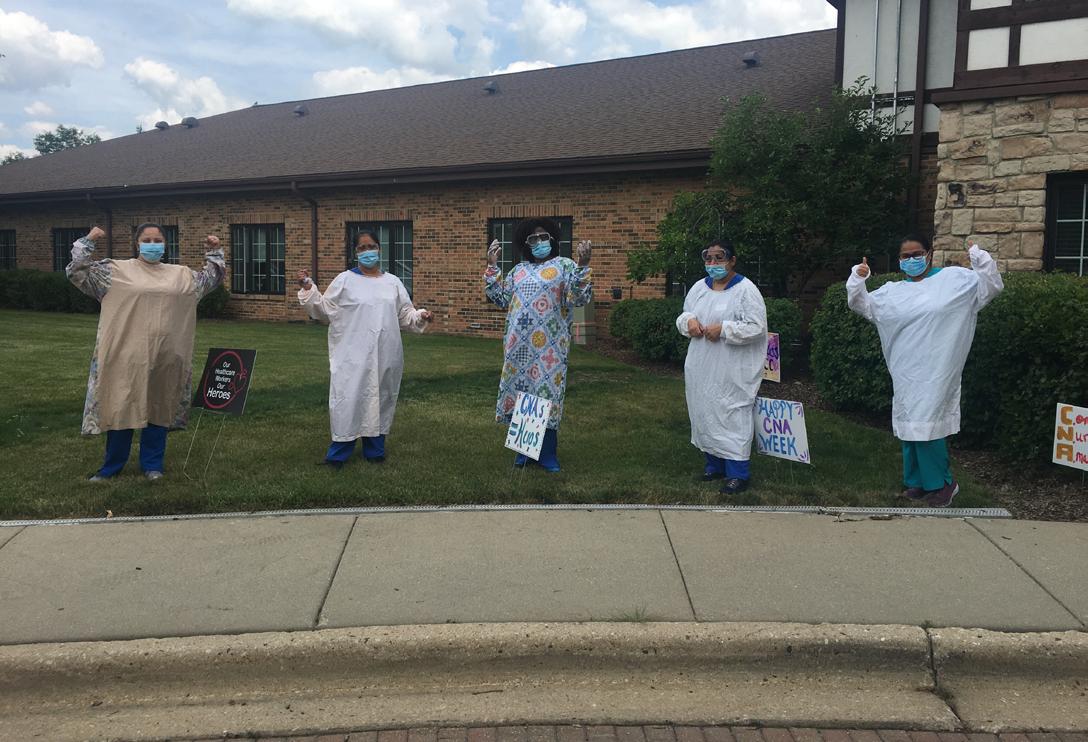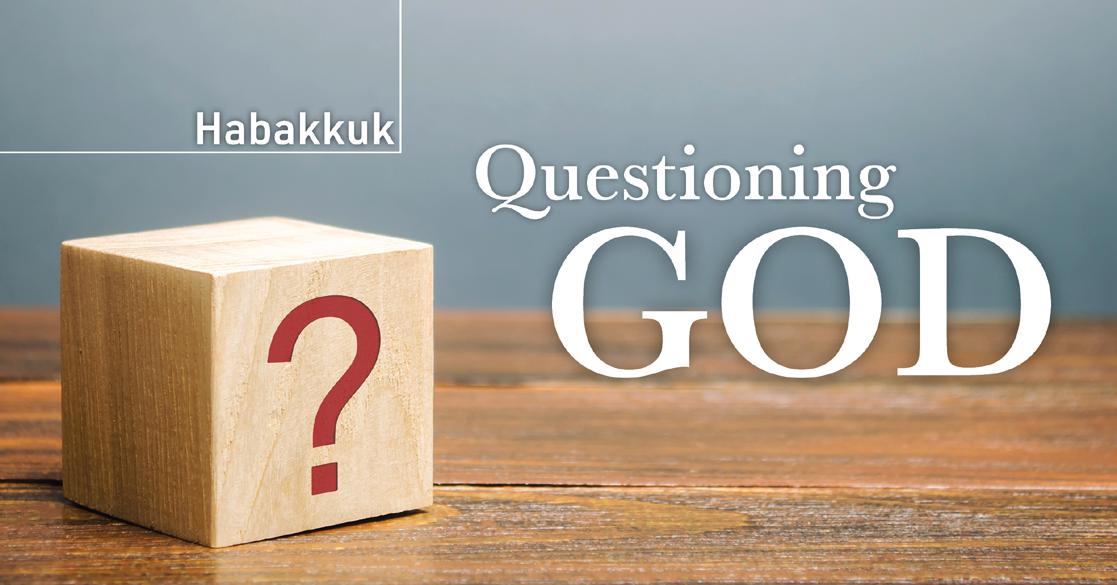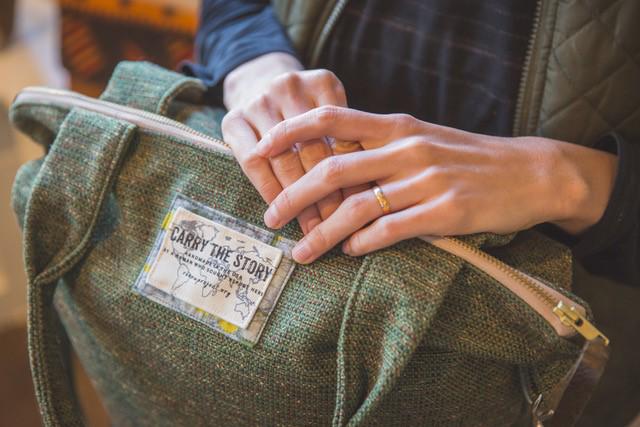LOCALLY SOURCED
The Re:new Project: Helping Refugee Women to Flourish Terri Kraus
Re:new exists to come alongside and invest in the lives of women through holistic renewal of their lives—economically, socially and spiritually. Re:new is creating hope for refugee women and sharing the love of Christ with them. The story behind the Re:new Project is a story about life, about how being in community is the best way to live. It is about how God sees fit to enable us all to flourish while on this earth— creating and being renewed day by day. Maku was just a small child when her parents died. As an orphan in Bhutan, a country in northeast India, she and her siblings were sent as refugees to live in Nepal with their grandmother. They lived in poverty and received no education. In their culture, girls were married off at a young age, and Maku was married by the time she was 15 years old. Unfortunately, she married a bad man and was then divorced. She had hope for a brighter future when she married again. Those hopes were not realized as she faced challenges in her marriage from a husband who didn’t want her to even go outside of their house. Kept shut in with her three children, she had no opportunities to gain the education not available in her childhood.
barriers, health challenges, lack of transportation, childcare needs and/or lack of transferable skills. These were the challenges Maku faced when she arrived in the United States. But this wasn’t the first time Maku faced obstacles in her life. Though an orphaned refugee living in poverty, she had overcome, so Maku was determined to help make a good life for her family. She just needed the opportunity. That opportunity came when she met a Re:new volunteer at a local English as a Second Language (ESL) class. She was invited to join our ESL classes. As a result, Maku not only learned English, but she also joined the new student sewing class, where she acquired skills to equip her to find a job as a seamstress.
At age 29, Maku, her husband and children came to the United States and were accepted into World Relief’s resettlement program. For a refugee, adjusting to life in America is complex and overwhelming. The challenges increase exponentially for refugees who do not speak English and have little or no education. And one of the largest pieces of the resettlement puzzle is employment—especially for women. Some refugee women are considered unemployable due to the language
15













